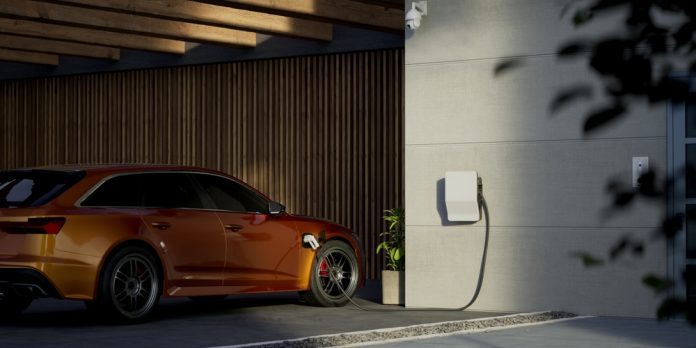Electric vehicle sales accelerated for legacy automakers in the third quarter, raising new questions about the market’s future top players.
According to Cox Automotive, electric vehicle sales totaled 313,086 between July 1 and September 30, rising 49.8% from Q3 2022 and 5% from Q2 2023. Since last year, 14 new EV models have entered the market, a jump of roughly 85.7%. The sizable increase in selection helped EVs account for almost 8% of all car purchases in the third quarter.
Falling MSRPs in the segment may have also contributed to higher year-over-year sales. However, nearly all of this year’s EV price cuts have come from Tesla, which, despite its former reticence to offer discounts on its products, has been forced to adapt to sustain demand. Although the adjustments have boosted the automaker’s total electric vehicle sales by 19.5%, nearly 3% ahead of the industry average, Cox Automotive notes that the company’s market share has shrunk to 50%, 12 points behind its total at the start of 2023. A Bank of America estimate published this July predicted that the Elon Musk-led brand’s control of the segment could decline to 18% by 2026.
The ratio of internal combustion engine to electric vehicle sales varied widely between automakers in the third quarter. Out of 17 brands listed by Cox Automotive, EV deliveries at Toyota and GMC comprised the smallest shares of total volumes, amounting to 0.5% and 0.8%, respectively. Audi and BMW had the smallest gap between EV and ICE sales, with electrified cars accounting for respective shares of 12.7% and 15.6%.
In the coming years, electric vehicle sales are expected to increase in the U.S. However, the pace of the market’s maturation depends largely on the automotive industry and lawmakers. Consumers still face considerable roadblocks to purchasing an EV, especially with regard to pricing and infrastructure. Solutions that make battery-powered models more affordable and improve charging accessibility will be crucial to sustaining the segment’s current growth rate.








